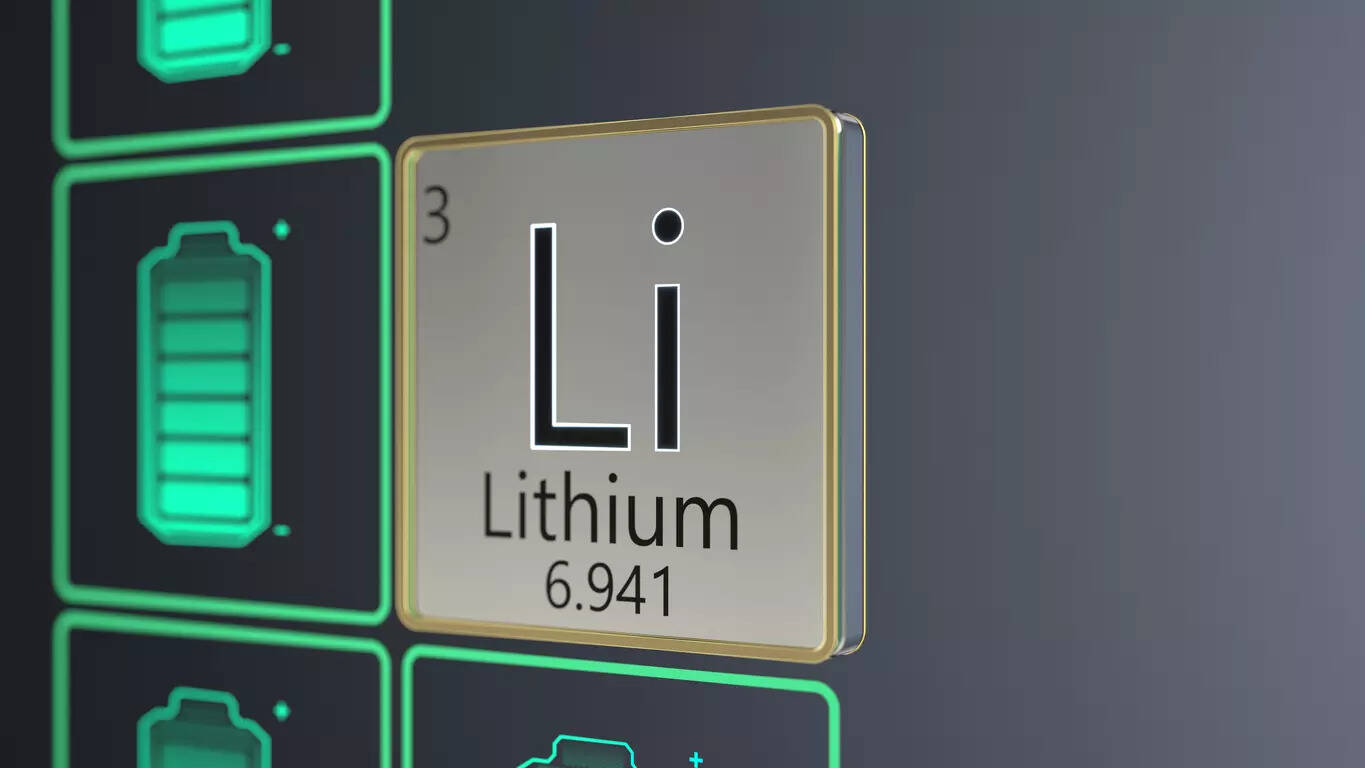
NITI Aayog has proposed incentives in the form of royalty and tax benefits along with a production linked incentive scheme for processing and refining of critical minerals used in lithium-ion batteries as well as their extraction through recycling to manufacture key battery components in India and boost domestic value addition.
“Policy should focus on scaling up lithium-ion battery (LIB) recycling infrastructure with production linked incentives to complement mining and extraction efforts of critical minerals,” it said,
“This will aid in promoting environmentally sustainable waste management practices, reuse and disposal,” the Aayog said in its report on ‘Mine to market: critical minerals supply chain for domestic value addition in lithium-ion battery manufacturing.’
The Aayog has further proposed to promote R&D for earth abundant alternatives to critical minerals used in ACC batteries, supporting lab to market commercialisation of products, providing startup incubators and technology industrialisation centres, and facilitating demonstration projects.
The Aayog is of the view that a thriving domestic lithium-ion battery (LIB) manufacturing industry will need resilient supply chains of critical minerals and raw materials, such as lithium (Li), nickel (Ni), cobalt (Co) and spherical graphite to manufacture key lithium ion battery components and boost domestic value addition.
According to the Aayog, India’s advanced chemistry cell manufacturing industry will need 193 thousand tons per annum of cathode active material to produce 100 GWh per annum of batteries by 2030.
Critical minerals and their active materials used in the production of lithium-ion batteries (LIB) account for approximately 33%-48% of the overall LIB pack cost depending on cathode chemistry and supply chain costs for mining and refining of critical minerals.
“The synthesis of Lithium-Nickel, Manganese, Cobalt (Li-NMC) and lithium ion phosphate (LFP) battery active materials from critical mineral precursors alone can contribute 12% domestic value addition in lithium-ion battery (LIB) pack manufacturing,” it said.
The Aayog has further proposed strengthening Indian missions in critical mineral bearing foreign countries to facilitate due diligence of greenfield or brownfield mining assets, acquisition and investment by Indian companies.
“G20 Critical Minerals Security Partnership” (G20-CMSP) should focus on building a resilient supply chain of critical battery minerals, including stockpiles in different member countries as per comparative advantages in extraction and processing,” it said.
“Key stakeholders should prioritize critical battery minerals supply chain as a key pillar of Indo-Pacific economic framework and a key factor in diplomatic outreach with mineral bearing foreign countries R&D to develop recycling, extraction technologies and find earth abundant alternatives to critical battery minerals,” it added.

